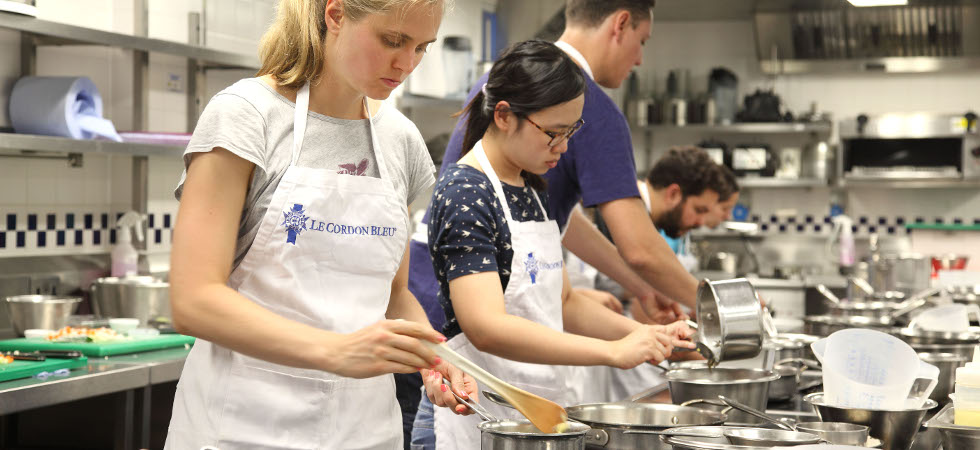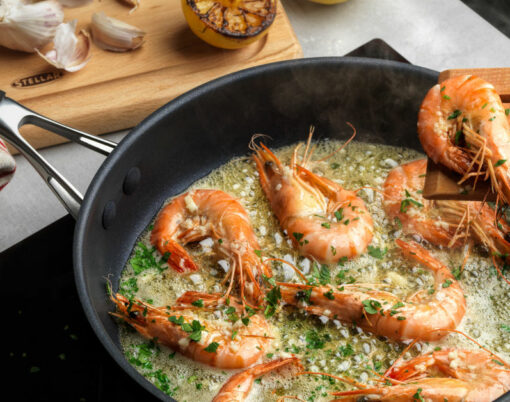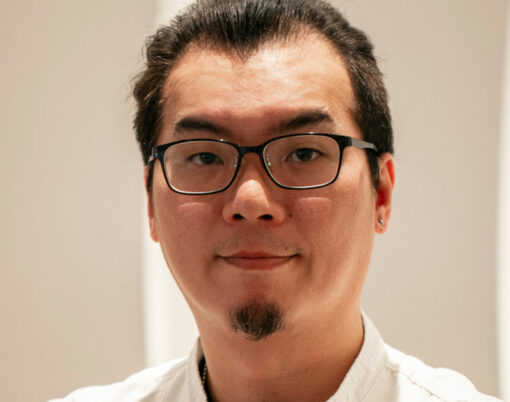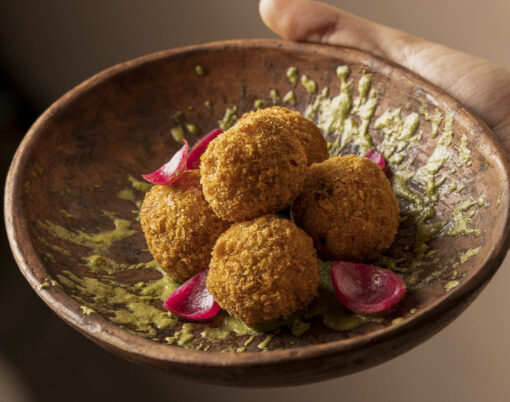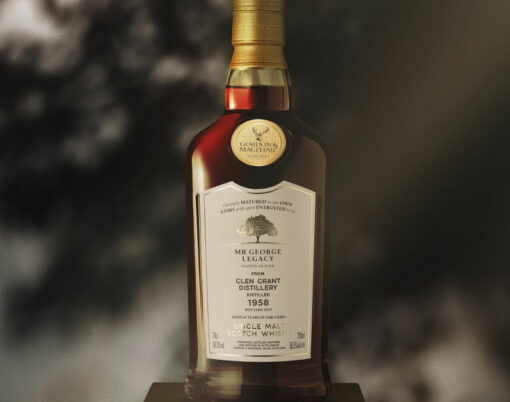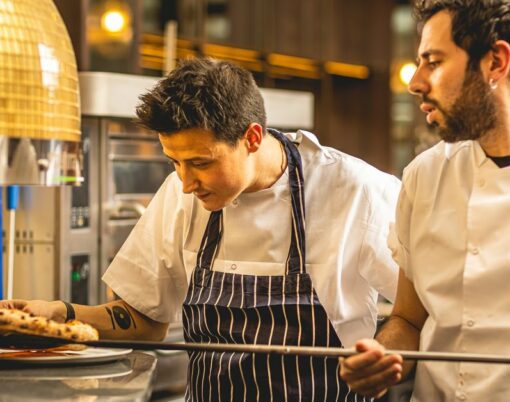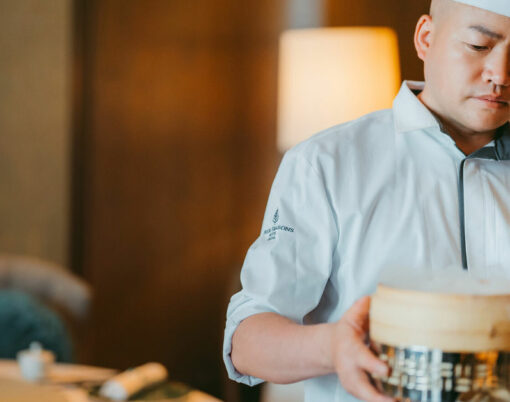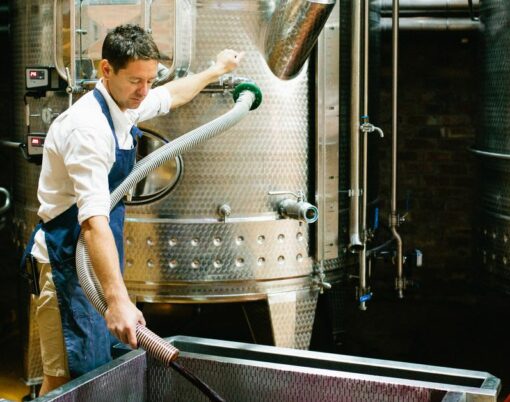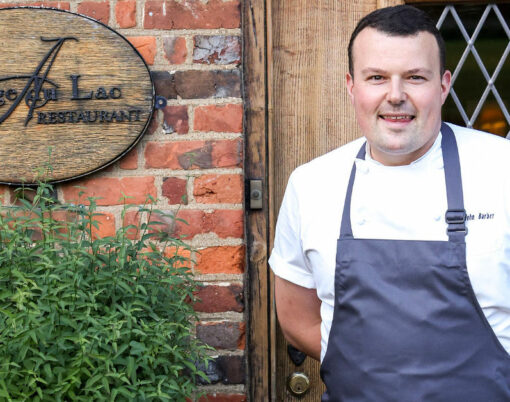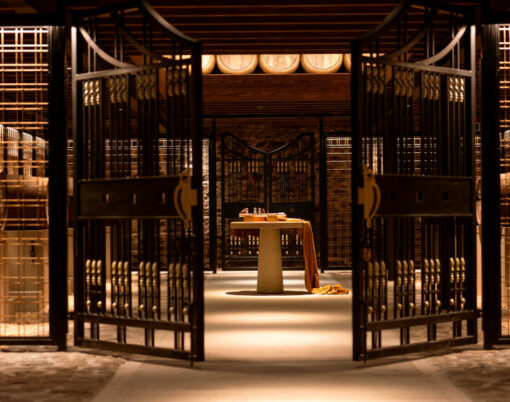Leading food writer Phoebe Hunt goes behind the scenes at Le Cordon Bleu, London’s most prestigious culinary institution.
Clouds of flour billow and waft from the stainless steel work surfaces, and freshly boiled caramel cools on the side. Twelve KitchenAids whirr dutifully in the background, kneading batches of dough, as twelve young chefs stop what they’re doing to listen attentively. Their teacher, dressed in whites and well versed in French terminology, guides them through the finer details of the science of pâtisserie.
And what a science it is: Scribbled equations describe how to stop a crème pâtissière from splitting, and diagrams illustrate the intricate structure of millefeuille. As I eavesdrop, transfixed, the chef wanders round the room to show off a correctly executed Génoise sponge – “here’s one I made earlier” style – hot from the oven.
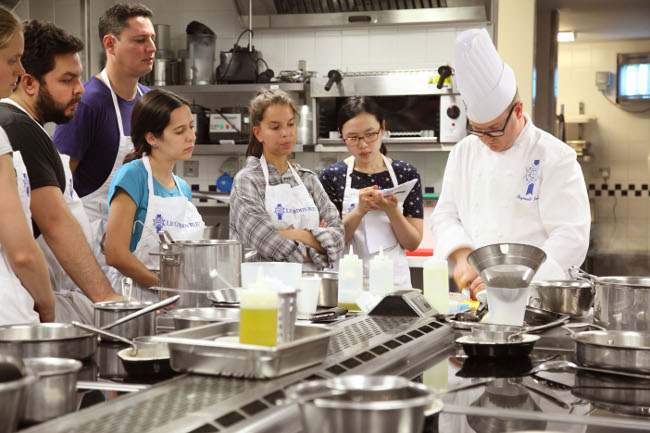
It’s 9am, and the class has been at work for over an hour already. This particular workshop on French Pâtisserie includes preparing a chocolate fondant, making simple marzipan roses, and learning to convert a crème pâtissière into a crème mousseline. As I poke my head through the door that morning, an intruder into the world of chef whites and choux buns, I am hooked.
The brainchild of French journalist Marthe Distel, Le Cordon Bleu started life as a Parisian culinary magazine at the end of the nineteenth century. The entrepreneurial Distel realised the potential and introduced cookery classes as a way to boost readership, with the first class held at Le Palais Royal in 1895. Despite French gastronomy having a well-deserved reputation for snobbery and elitism, Le Cordon Bleu has been wonderfully international from the outset, prompting the London Daily Mail to report in 1927 that “It’s not unusual for as many as eight different nationalities to be represented in the classes” at Le Cordon Bleu Paris. Now with a network of 35 different institutes in 20 countries across the globe, it is this ethos of diversity that has seen Le Cordon Bleu go from strength to strength for the past 120 years.
And so it is that I find myself enrolling for ‘The Taste of Le Cordon Bleu’ in London, a one day entry into this mysterious world. I return to the Russell Square townhouse several months later, and the hive of activity is just as impressive. I help myself to a complementary espresso (a nice touch since the class starts at 8 o’clock on a Saturday morning!) and join the rest of the class: Fifteen other culinary aficionados, bankers-cum-homecooks, and budding chefs keen to take a bite of this prestigious pie.
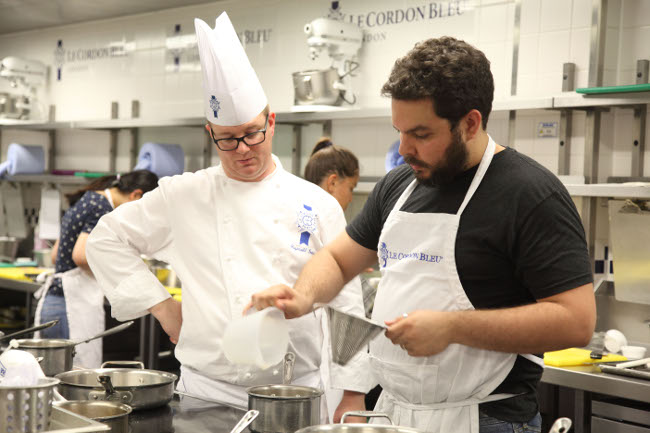
We are introduced to our Teaching Chef, Colin Westal, who’s impressive résumé includes a three-year apprenticeship with the Roux Brothers and many years in the industry. He flies through the basics of kitchen hygiene – hand washing and colour-coded chopping boards – before revealing what we’ll be learning for the next six hours. The course is focused on classical techniques and old-school dishes: how to make a winning chicken stock, how to poach an egg perfectly every time, how to joint a chicken like a pro. Knife skills play a big role – the correct way to cut onions, fresh herbs and a mirepoix – and Colin reminds us again and again that the emphasis at Le Cordon Bleu is always on perfecting technique. Creativity comes later.
First, he talks us through the methodology of making fond blanc de volaille (a white chicken stock to you and I) and drops in his cheffy tips here and there: “Always top up a stock with cold water,” he emphasises, “never season a stock with salt until the end”, and “Never let it come to the boil!” With our stocks happily simmering away, we move on to making an asparagus salad with poached eggs and tarragon vinaigrette, a plentiful supply of eggs at our disposal until, under Chef Colin’s watchful eye, every one of us has mastered the official poaching technique. Thankfully, we’re then allowed to tuck into our creations over more coffee.
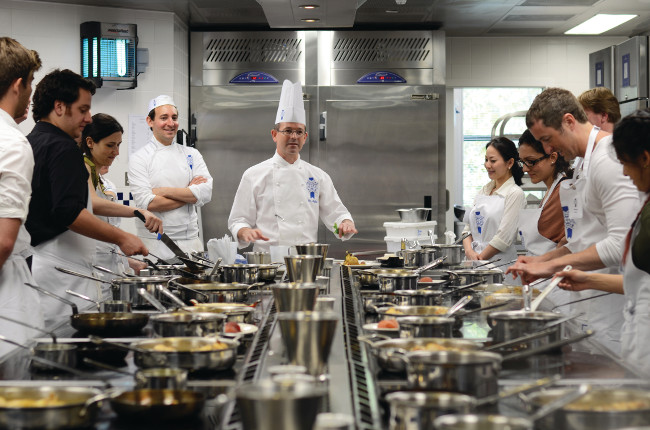
Revived by our delightful mid-morning brunch, we’re then immediately plunged into the deep end with a full dissection of a chicken. After a little squeamish confusion as to which end the neck is, I eventually master this too. Colin then takes us, stage by stage, through making a chicken fricassée, gently cooked in our homemade stock and lashings of double cream. The result is to die for. Tender, juicy chicken is elevated to the heavens by the rich, buttery sauce, and the dish is made complete with a scattering of butter-glazed, ‘knife-turned’ courgettes.
My time at Le Cordon Bleu has given me a newfound appreciation of the art of gastronomy and opened my eyes to a world of endless culinary possibilities and flavours. In an age of fleeting food trends and fads, there’s a reason that this institution, steeped in tradition, has stood the test of time. These hallowed kitchens look likely to continue producing renowned chefs for many more generations to come. Now with their new range of introductory shorter courses, the prestige of Le Cordon Bleu is more accessible than ever, and I for one am certainly looking forward to returning for more.












